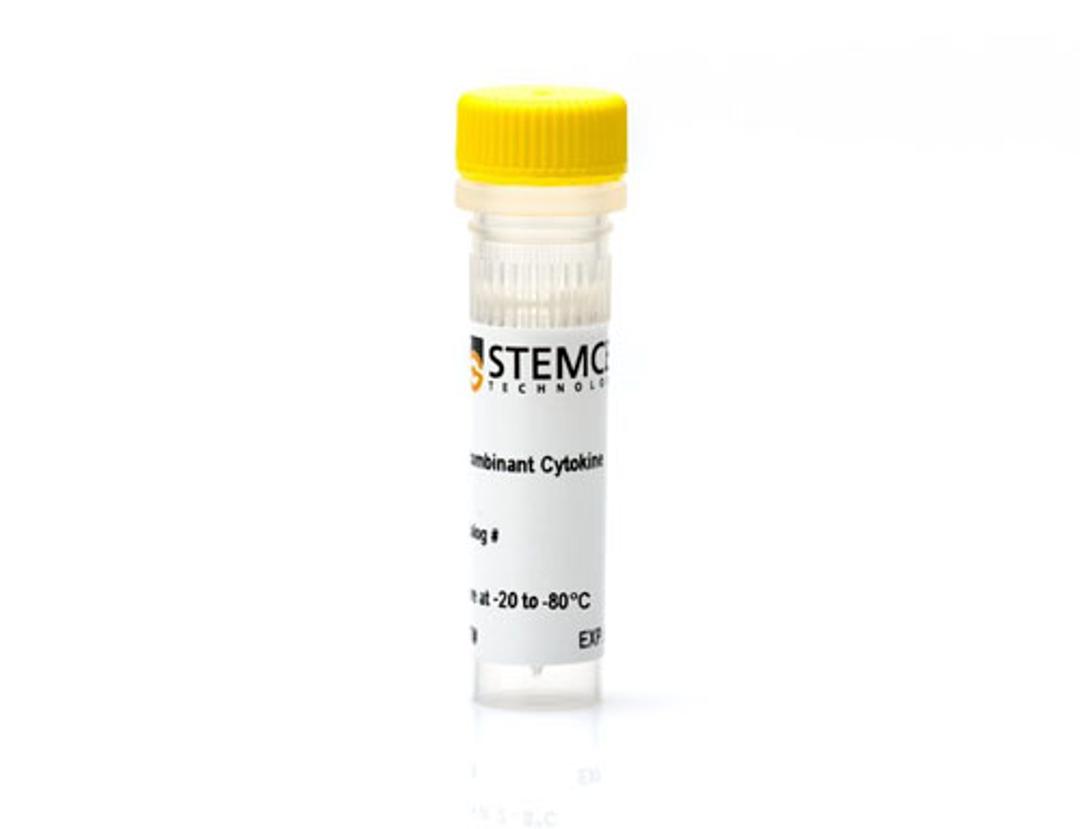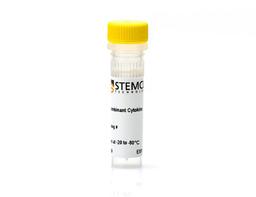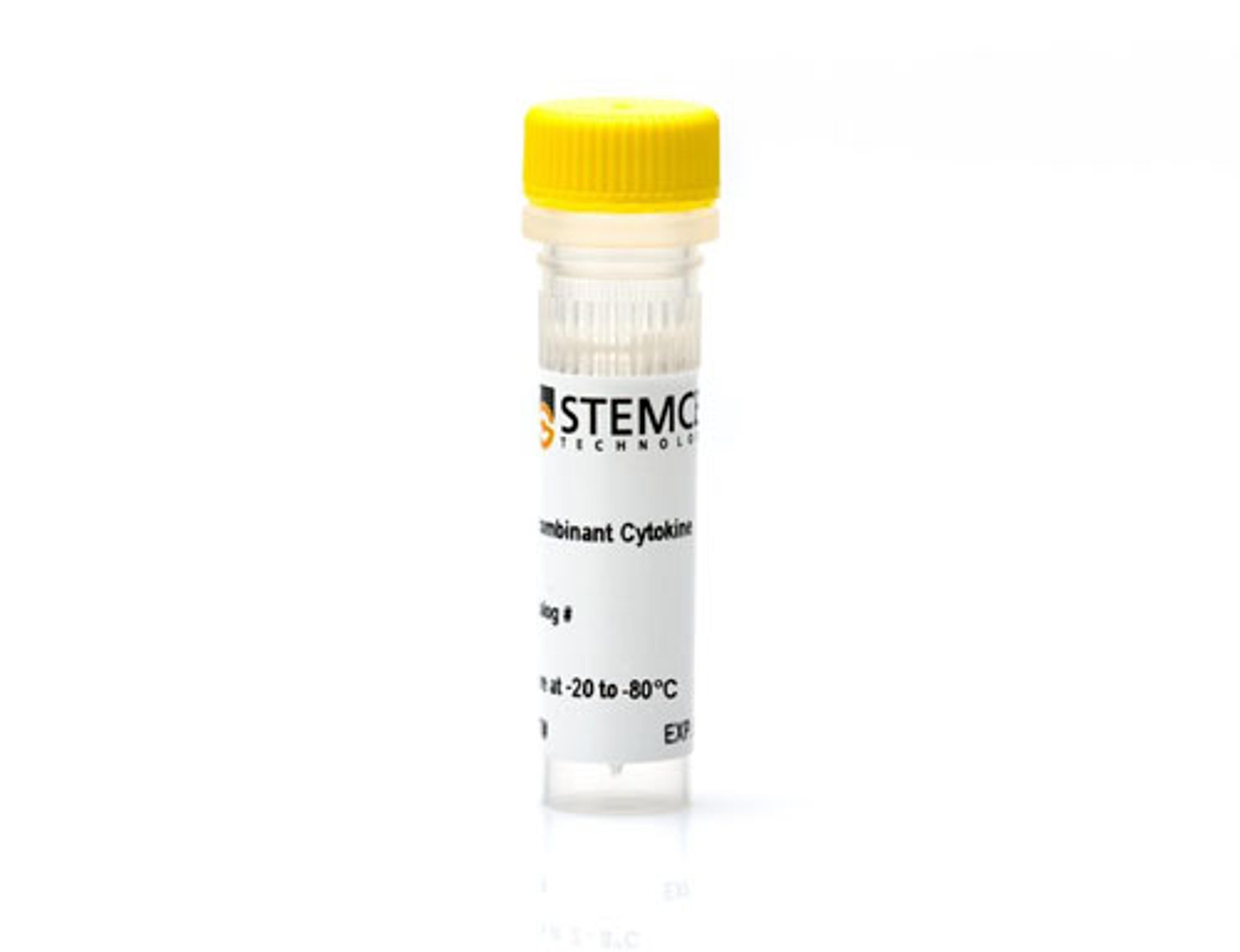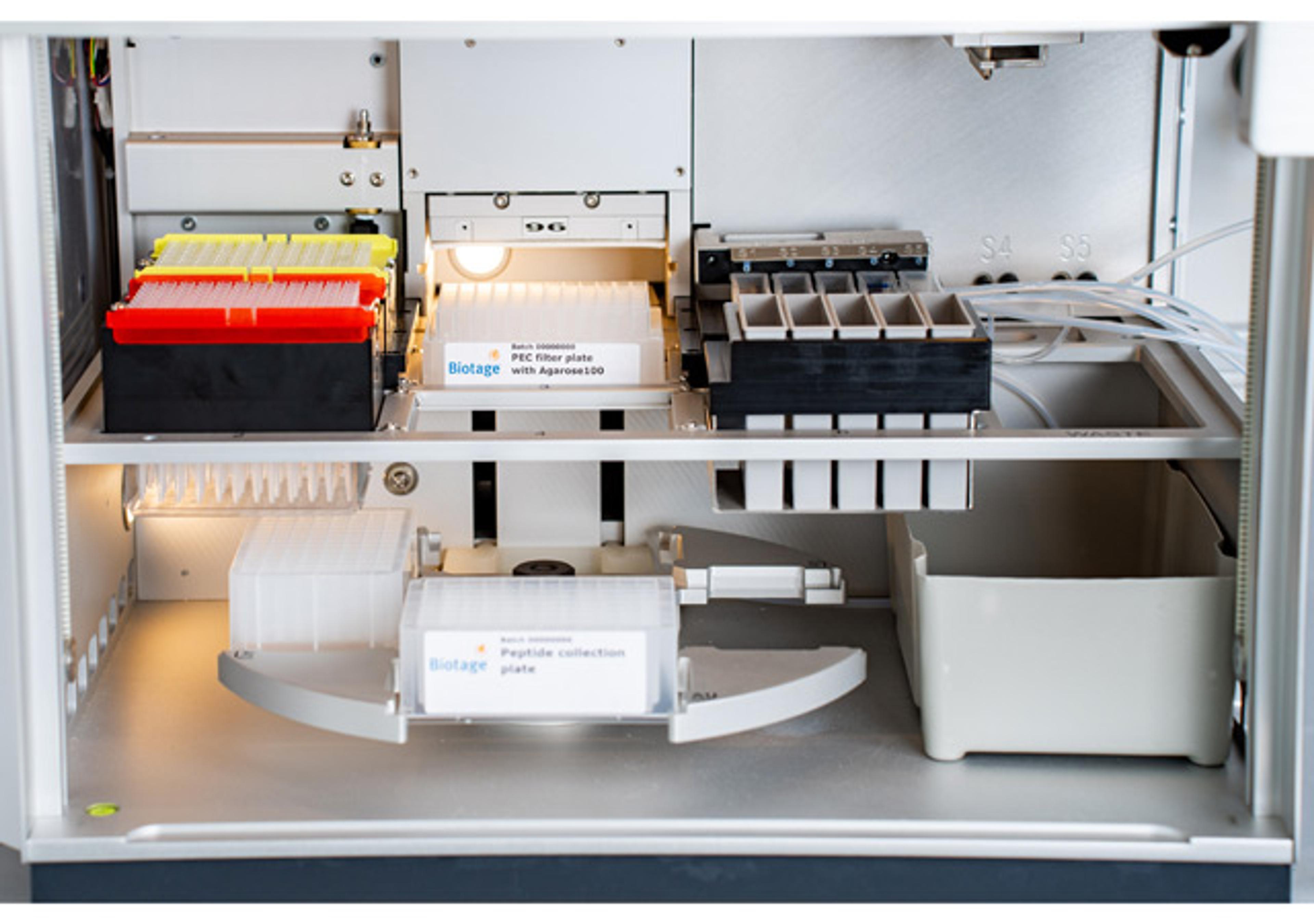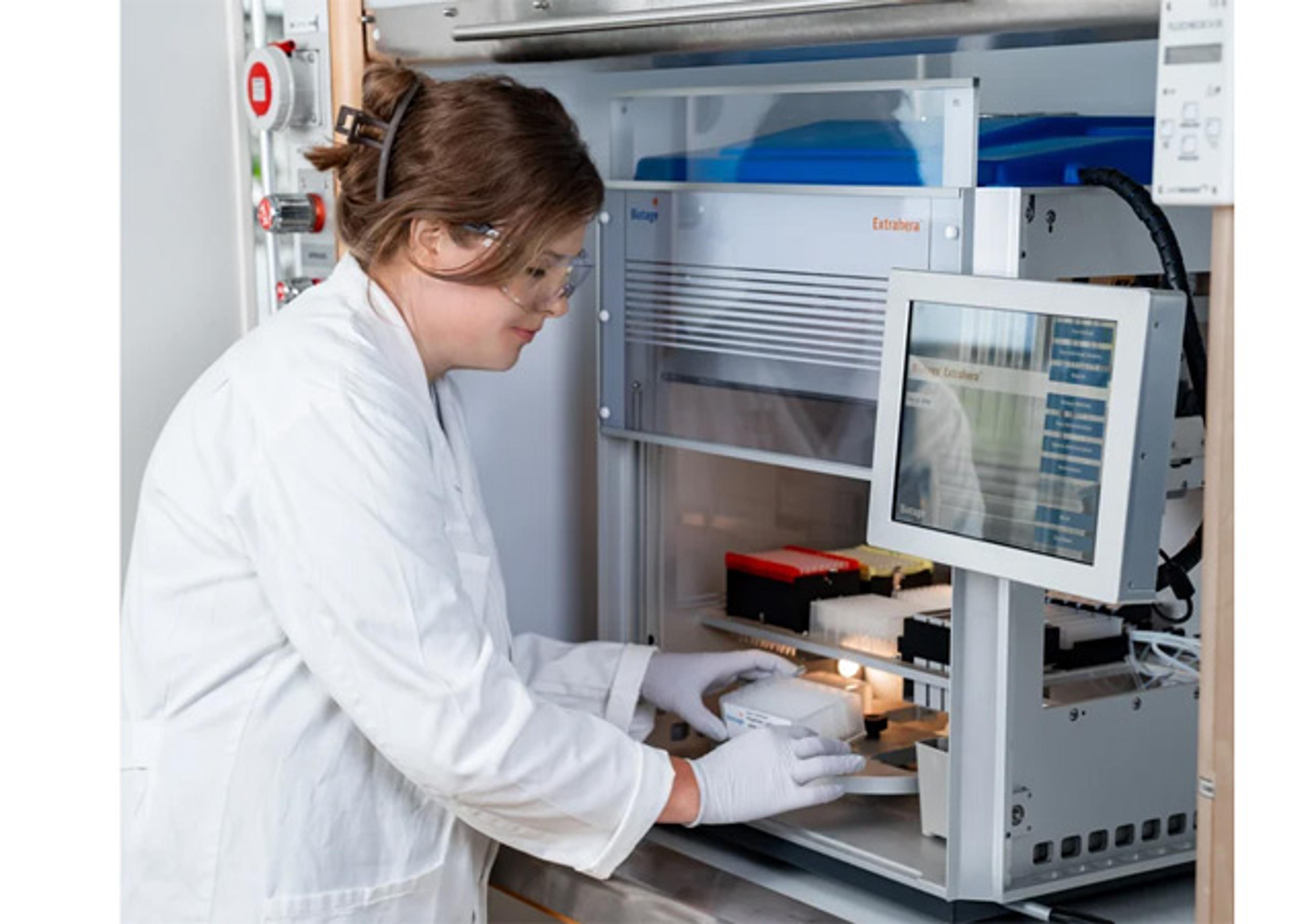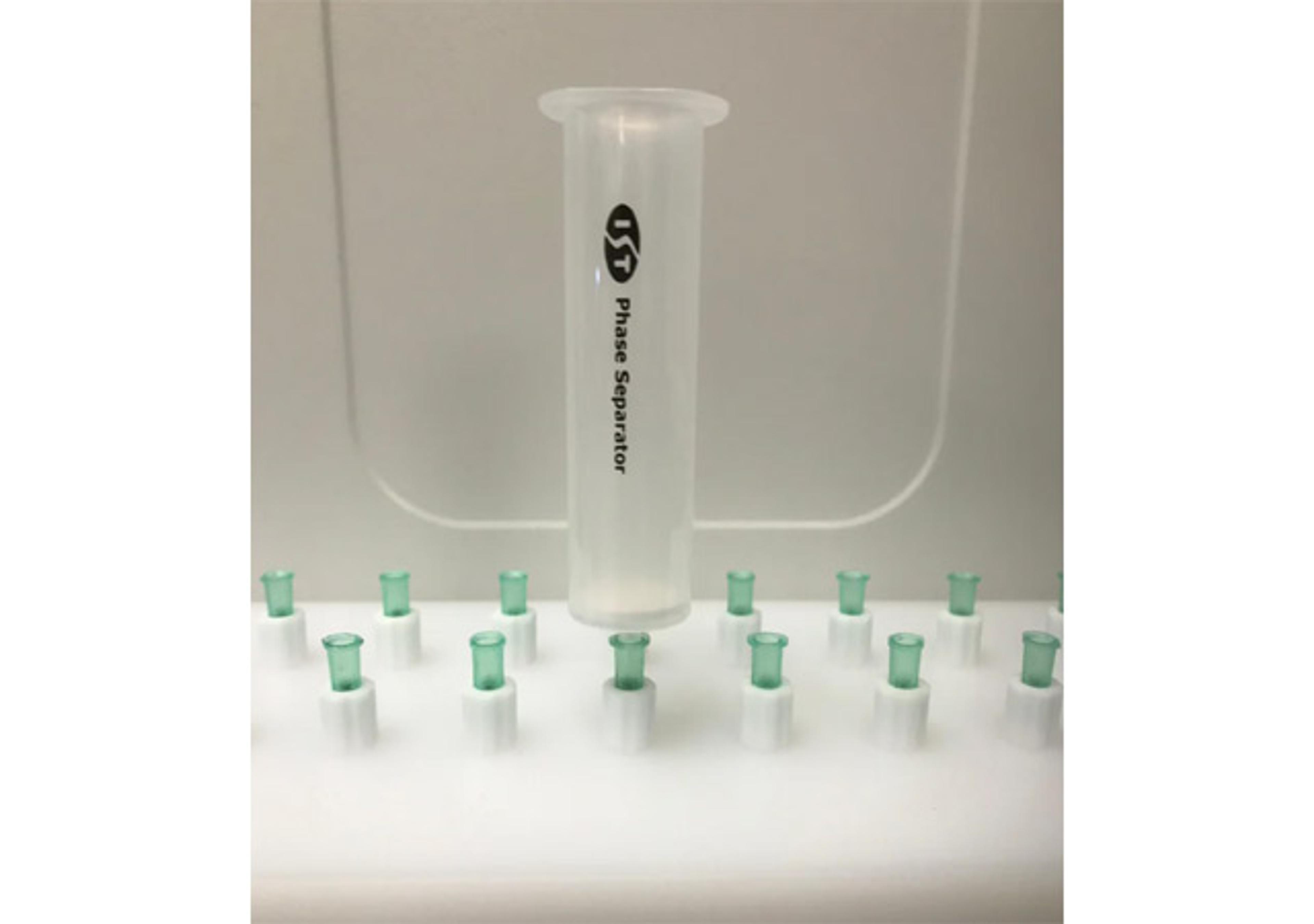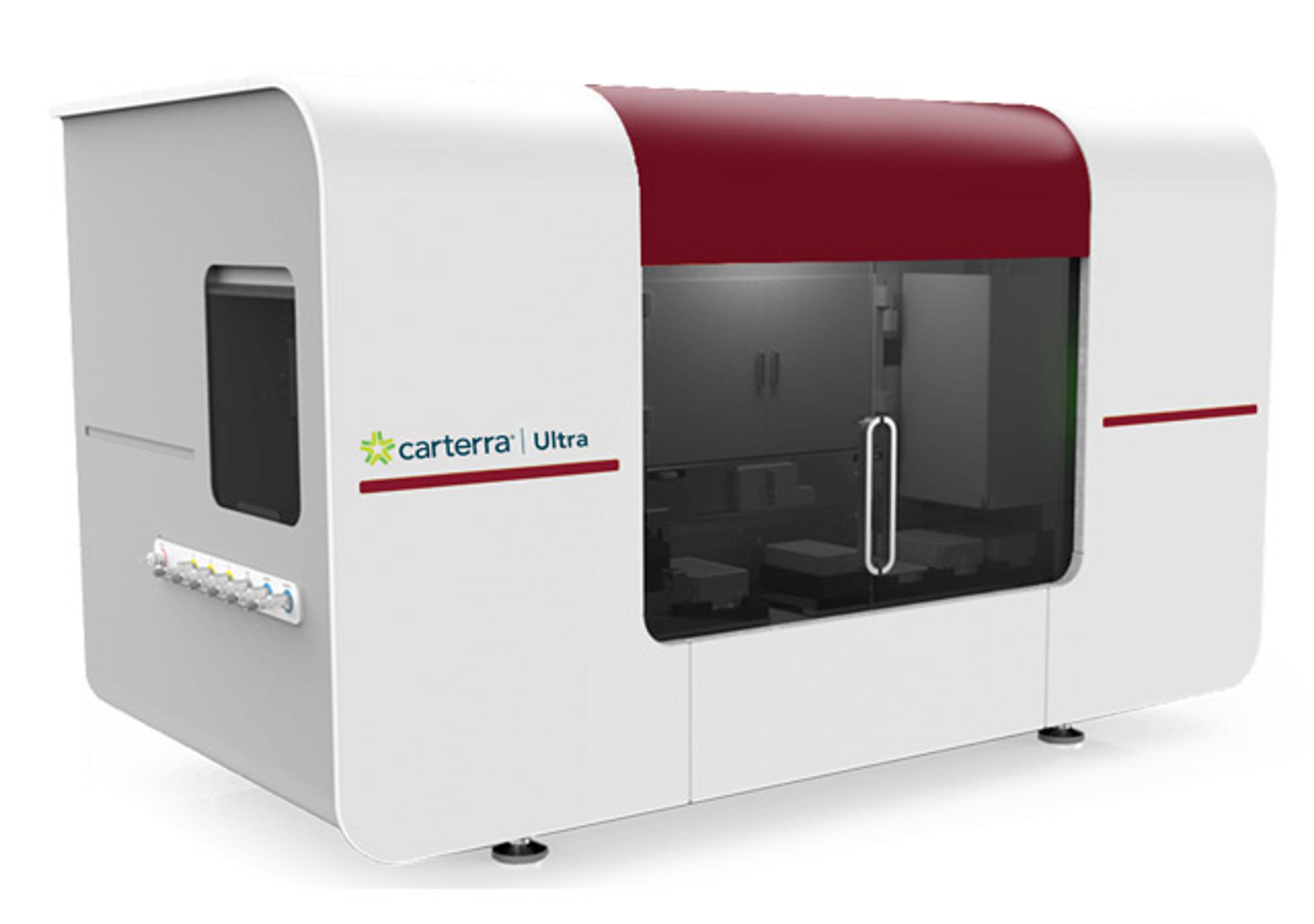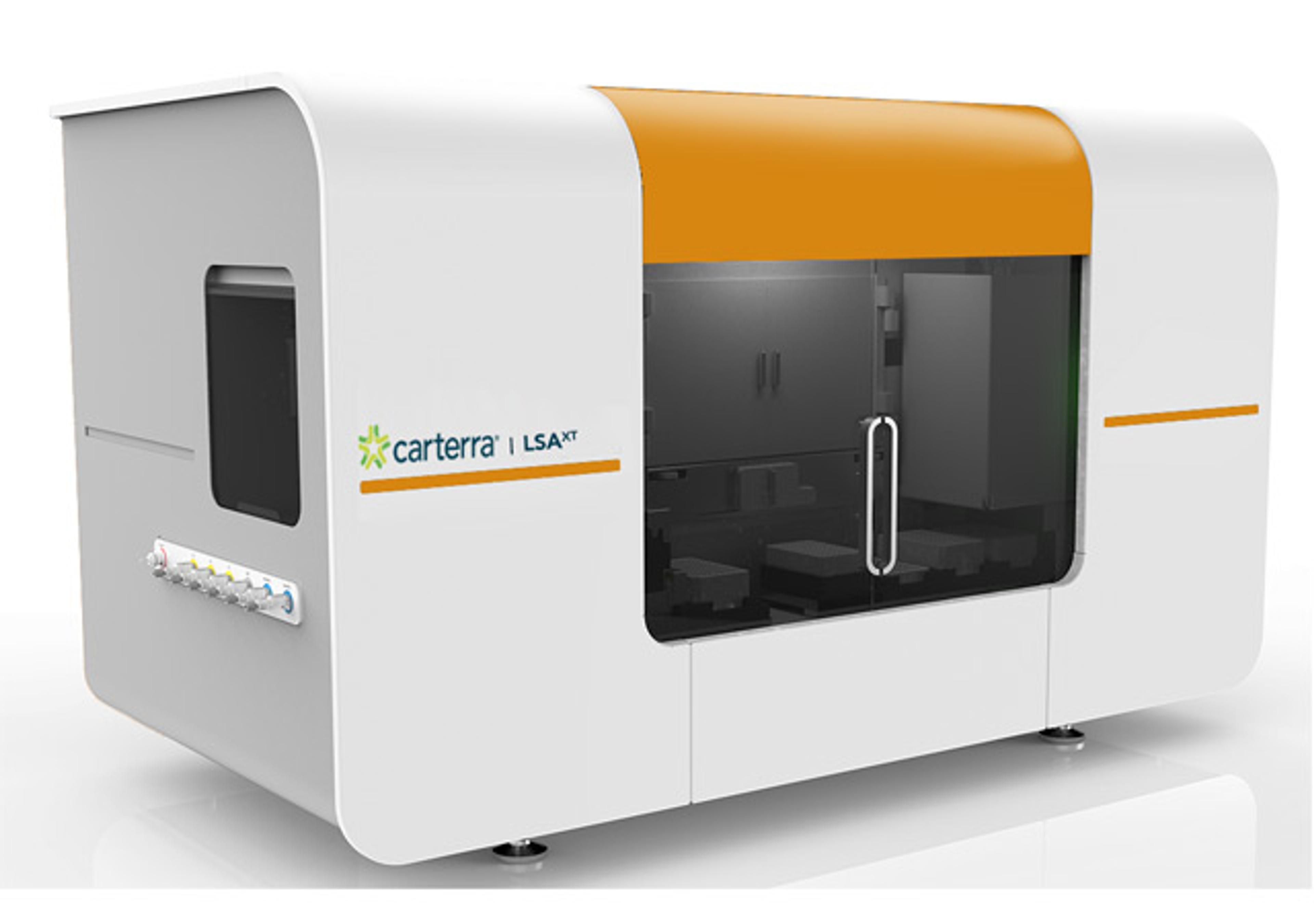Human Recombinant M-CSF
Macrophage colony-stimulating factor

The supplier does not provide quotations for this product through SelectScience. You can search for similar products in our Product Directory.
Macrophage colony-stimulating factor (M-CSF) is a homodimeric glycoprotein growth factor that regulates proliferation and differentiation of myeloid hematopoietic progenitor cells to mononuclear phagocytic cell lineages, including monocytes, macrophages, and osteoclasts. M-CSF is a crucial factor for the development of tissue-resident macrophages in most tissues (Ginhoux & Jung). It is required for the maturation and activation of monocytes and macrophages, and regulates inflammatory responses in conjunction with other stimuli such as IFN-γ, LPS, and IL-4 (Murray et al.). M-CSF is also required for bone resorption by osteoclasts, and is involved in the development and regulation of the placenta, mammary gland, and brain. M-CSF is produced by monocytes, fibroblasts, osteoclasts, stromal cells, endothelial cells, and tumor cells (Chockalingam & Ghosh).
M-CSF exerts its biological effects by signaling through a receptor tyrosine kinase (CSF-1R or M-CSF-R) encoded by the c-fms proto-oncogene (Hamilton). CSF-1R shares similar structural features with other growth factor receptors, including the stem cell factor (SCF) receptor, platelet-derived growth factor receptor (PDGF-R), and Flt3/Flk-2 receptor tyrosine kinase. Stimulation of the CSF-1R upon binding to M-CSF activates MAPK, PI3K, and PLCγ signaling pathways (Chockalingam & Ghosh). Human and mouse M-CSF sequences are highly conserved both at nucleotide and amino acid levels (80% homology; DeLamarter et al.).

